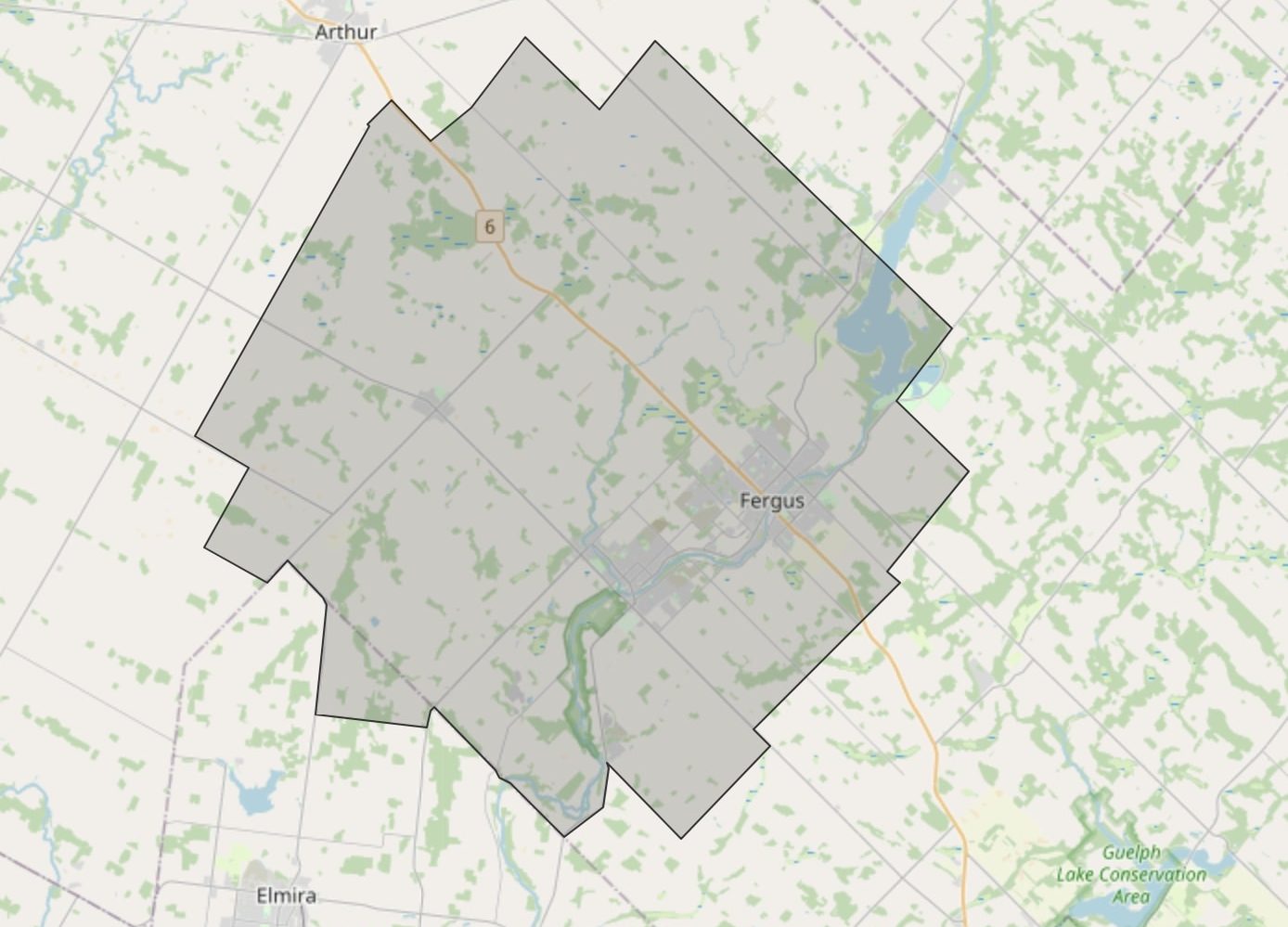CENTRE WELLINGTON – The Feather Board Command Centre (FBCC), which coordinates the poultry industry’s emergency response to diseases, has issued a biosecurity advisory spanning a 10km area in Centre Wellington following the discovery of infectious laryngotracheitis (ILT).
The virus is nothing new to the poultry industry, and though it is contagious and serious for birds, it cannot be transferred to humans, and does not affect food safety.
The virus was confirmed in a small Centre Wellington poultry flock, according to an FBCC’s May 3 notice, but it’s not stated when the positive test was confirmed.
Once ILT is confirmed by a lab, through methods such as postmortem examinations and PCR testing, both the province and the Canadian Food Inspection Agency must be notified immediately.
The province then relays diagnosis info to the FBCC.
Incubation periods for ILT can range up to two weeks before symptoms appear, giving the virus ample time to spread among flocks.
Many birds who contract ILT, often through other birds coughing, do not recover.
Addressing poultry producers, the FBCC says to watch for increased mortality, noisy breathing, head shaking, off feed, decreased egg production, inactivity, ruffled feathers and conjunctivitis.

A map from the Feather Board Command Centre shows the affected biosecurity advisory area, shaded in grey.
“Should you suspect any signs of health concerns in your flock, please contact your veterinarian as well as your board representative,” the notice states.
It’s recommended those working around avian species enhance biosecurity protocols, considering the virus can travel on dust particles or be spread from one farm to another, even without direct contact.
The FBCC recommends:
• avoiding all contact with non-commercial poultry and all other birds;
• reinforcing biosecurity protocols by limiting farm visitors to providers of critical services only;
• monitoring movement of birds, people and equipment on and off premises;
• minimizing visits to other poultry production sites and avoiding exchanging equipment;
• ensuring anyone in contact with birds or who enters production sites is wearing clean boots, protective suits, head coverings and gloves; and
• practicing proper cleaning and disinfection before and after visiting, including hand washing.
Those transporting birds or supplies within the FBCC’s Centre Wellington advisory area should make it the last stop on a route.
“Wash and disinfect the vehicle’s undercarriage and steps before proceeding with any other delivery [or] loading,” states the notice.
“Where possible, after being in the area, please avoid going to another farm outside the area within 12 hours.”
For information on caring for and managing small bird flocks and pet birds, visit inspection.canada.ca.




